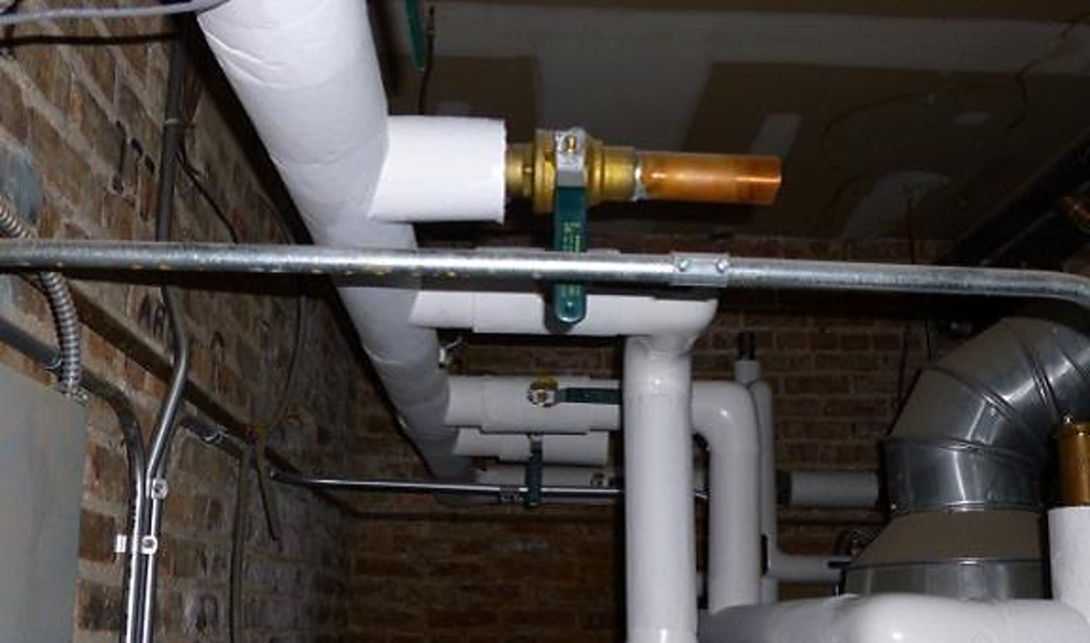If you don’t cover up your outdoor pipes, they could freeze in winter. When the water inside freezes, it expands and may cause pipes to burst, leading to floods. By putting insulation around outdoor pipes, you make them stronger and last longer by shielding them from weather damage. This also saves you money because you avoid repairs and use less energy. Do check out: burnaby new west
You can even take on pipe insulation as a do-it-yourself project to get ready for winter. But if it seems hard, it’s best to ask a professional for help. Here are some simple ways to insulate your outdoor pipes:
Insulating Long, Straight Pipes:
For longer, straight pipes, you can use foam pipe sleeves. These come in different sizes to fit your pipes. Just measure your pipes and get the right size sleeve. Putting them on is easy. Just slide the sleeve over the pipe and trim off any extra foam. Most sleeves come with adhesive, but you can also use duct tape to secure them.
Insulating Short Pipes:
Short pipes can be insulated using pipe-wrap materials. These include foam with rubber backing, foil insulation tape, rubber pipe insulation tape, bubble-film wrap, and cotton wrap with foil backing. To wrap your pipes, start by attaching one end of the wrapping material and then spiral it around the pipe, covering it completely. Cut off any excess once you’re done.
Faucet Protector Covers:
Don’t forget to protect your outdoor faucets too. They can get damaged by things like hail and ice. You can find faucet covers at hardware stores or online. They look like small buckets and fit over your faucets easily. To install them, remove any hoses attached to the faucet, drain them, and store them away. Then, put the cover over the faucet, tighten it with the drawstring, and make sure it’s snug against the wall to prevent freezing.
Preventing Frozen Pipes:
Insulating your outdoor pipes can save you money in the long run. Unprotected pipes are vulnerable to damage from the weather, leading to frozen pipes. This can be prevented with insulation, which is a simple and relatively cheap investment. Different materials suit different pipes, so choose wisely. For severe winters, heavy-duty insulation might be best.
Insulating your outdoor pipes is not only about protecting them from freezing in winter; it’s also about ensuring the efficiency of your plumbing system year-round. By preventing heat loss from hot water pipes through insulation, you can reduce energy consumption and lower your utility bills. Additionally, insulating your pipes helps maintain consistent water temperature, which can improve the performance of your water heater and extend its lifespan. So, investing in pipe insulation is not just a winter preparation measure but a smart decision for long-term cost savings and environmental sustainability.

